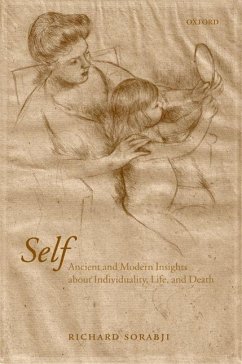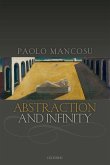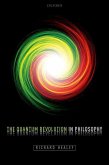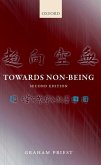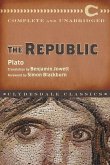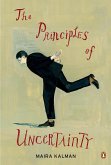Over the centuries, the idea of the self has both fascinated and confounded philosophers. From the ancient Greeks, who problematized issues of identity and self-awareness, to Locke and Hume, who popularized minimalist views of the self, to the efforts of postmodernists in our time to decenter the human subject altogether, the idea that there is something called a self has always been in steady decline. But for Richard Sorabji, this negation of the self is dispiriting. In "Self," he sets out to recover the rich variety of positive accounts of the self from Antiquity right up to the present, while offering his own inspiring view of what precisely the self might be.Drawing on Eastern religion, classical Antiquity, and Western philosophy, Sorabji proceeds to tackle a number of thematic debates that have preoccupied philosophers over the ages, including the concept of the self, its sameness and mutability, the idea of the resurrection of the body and spirit, and the fear of death. According to Sorabji, the self is not an undetectable soul or ego, but an embodied individual whose existence is plain to see. It is also neither a linguistic creation nor a psychological fiction, but something that owns both a consciousness and a body. Ultimately, Sorabji argues, the demise of a positive idea of the self stems from much older and more pervasive problems of identity than we realize. Through an astute reading of this tradition, he helps us come to terms with our uneasiness about the subject in an account that will be at the forefront of philosophical debates for years to come.
Hinweis: Dieser Artikel kann nur an eine deutsche Lieferadresse ausgeliefert werden.
Hinweis: Dieser Artikel kann nur an eine deutsche Lieferadresse ausgeliefert werden.

